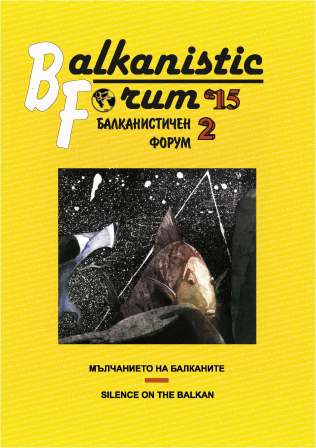Values of Silence in Theology and Philosophy
Values of Silence in Theology and Philosophy
Author(s): Corneliu-Dragoş BălanPublished by: ЮГОЗАПАДЕН УНИВЕРСИТЕТ »НЕОФИТ РИЛСКИ«
Keywords: theology; philosophy; prayer; hesychia; monk.
Summary/Abstract: Silence is not just some shapes that suggest facts and values; silence has a real content and is itself a value. The philosopher Ludwig Wittgenstein develops a true philosophy of silence in his works: Tractatus Logico– Philosophicus and Philosophical research. Wittgenstein argued that silence pervade where words no longer have access. Silence proves priority and sovereign to word because the silence contains the word and not vice versa. Word limit, density and amplitude of silence require, actually, the superiority of silence. In the existential report word-silence, the first idea is that silence is the goal, and the word, the entire. The impression is rushed and misleading, and that because the words and speech belong to this world (to temporal earthly creation), as means of communication. Experience shows us that often words can be empty and silences can be not only full, but even can exceed the full words. In Orthodox spirituality silence is a culmination of prayer. This practice of inner silence of prayer was developed by hesychasts monks. Hesychast ceases his own work not from laziness, but to enter into God work. Hesychast`s silence (which is an inner silence and not one outside) is not a negative vacuum, a pause between two words, a brief repose before resuming speech, but wholly positive: a living attitude of attention, of vigilance and, above all, of listening.
Journal: Балканистичен Форум
- Issue Year: 2015
- Issue No: 2
- Page Range: 43-52
- Page Count: 10
- Content File-PDF

